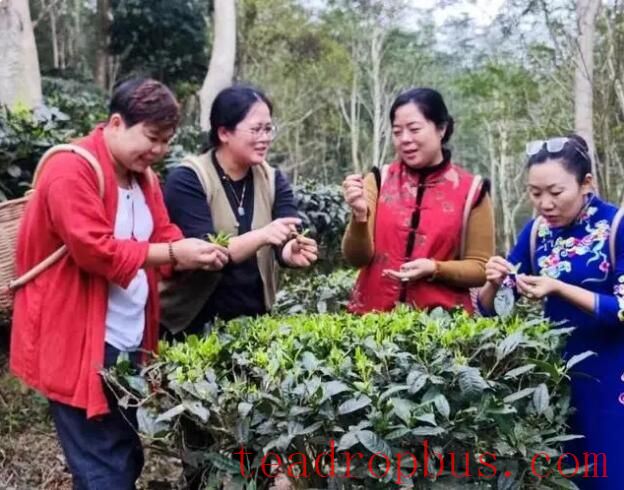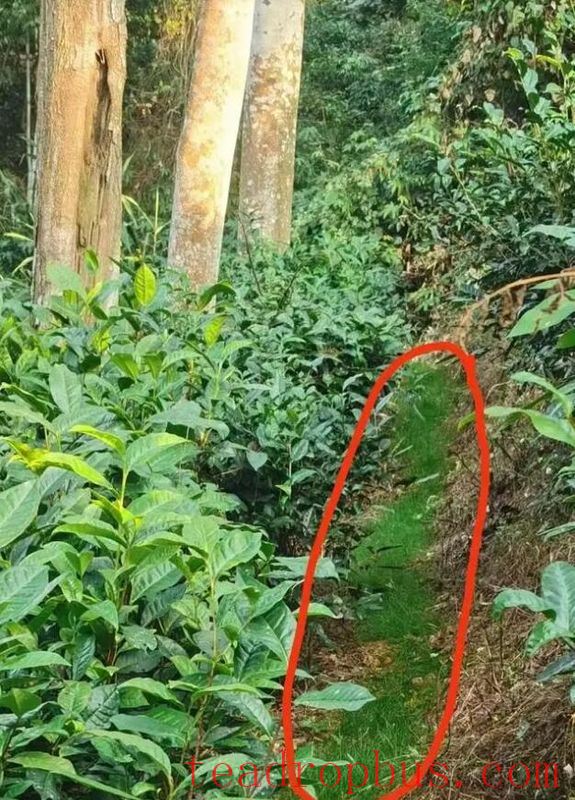On August 12, reporters learned from Jiangmen Enping City that the Guangdong Tea Industry Alliance recently announced the list of recognized units for the sixth batch of Guangdong ecological tea gardens. The Enping Xingwan Tea Factory has been re-recognized.
In November 2025, the Xingwan Tea Factory in Enping City was selected as a Guangdong ecological tea garden, with a certificate valid for three years. After three years, following another on-site review and recognition by experts from provincial organizations, the Xingwan Tea Factory has once again been recognized as an ecological tea garden.

The Xingwan tea garden is located within the Qixingkeng Ecological Reserve in Enping City, and its director is Wu Xiaomin, a representative of the Jiangmen Municipal People's Congress. As the rotating chairman unit of the Guangdong Tea Industry Alliance, the Tea Research Institute of the Guangdong Academy of Agricultural Sciences has developed and integrated practical technologies for ecological tea garden construction, including ecological niche configuration in tea gardens, earthworm bio-organic fertilization, ecological control of tea garden weeds, and green pest control. These innovations have achieved a breakthrough in pest control in ecological tea gardens with “zero pesticide residues,” marking the first such achievement in China. This has led to an annual increase of 15% to 30% in the comprehensive economic benefits of tea compared to traditional production models. The technologies have been promoted across more than 500,000 mu (approximately 33,333 hectares), covering over 30% of the province's tea gardens, and have reduced chemical pesticide usage by over 50% throughout the province. These advancements provide significant technological support for the “green, low-carbon, ecologically efficient, and high-quality stable production” of the tea industry in the province.

Over the years, under the guidance of Guangdong's tea experts, Wu Xiaomin has made great efforts to implement strict ecological standards and has achieved new results. Wu Xiaomin collaborated with the research team led by Tang Jingchi from the Key Laboratory of Tea Research and Utilization at the Guangdong Academy of Agricultural Sciences to complete a study titled “Influence of Intercropping with Oryziasativa on Soil and Quality Components of Tea in Tea Gardens.” This paper was officially published in Volume 56, Issue 24 of *Chinese Journal of Agricultural Science* in 2025. This is the first time that Wu Xiaomin, using her years of practical experience, has co-authored a paper analyzing the impact of intercropping with Oryziasativa on soil nutrient components, soil microbial community structure, and tea quality components. The study provides data support for the improvement of the ecological environment in tea plantations through intercropping with Oryziasativa, which can enhance the quality of tea. Since the publication and dissemination of this paper this year, it has garnered attention from the tea industry. The ecological tea garden provides the Xingwan Tea Factory with “reassuring tea.”
Text and Images | By reporter Peng Jining, Correspondent Feng Chuangzhi